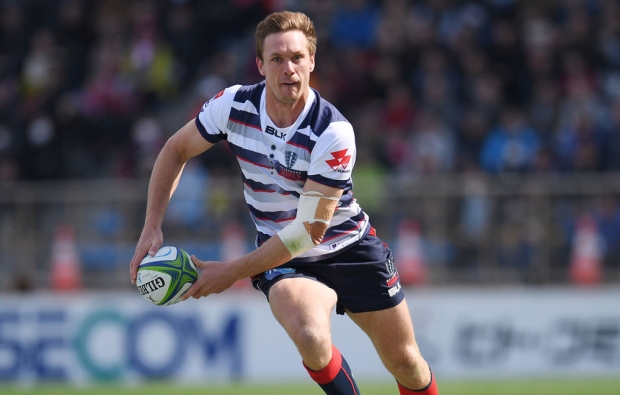Wallabies fullback Dane Haylett-Petty has retired from rugby union after a year-long battle with the lingering effects of a concussion, saying doctors had advised him to “listen to your head”.
The 32-year-old had been struggling to return following a blow to the head during a clash with the All Blacks in October 2020, which prompted a diagnosis of “footballer’s migraine”.
“Right at the beginning, the specialist said the best thing you could do is listen to your head,” he told foxsports.com.au.
“While I’m much better, I haven’t been able to shake some of the symptoms.”
Haylett-Petty and younger brother Ross were both born in Durban and lived there until Dane was 10, emigrating to Australia after his father was robbed at gunpoint.
“I remember going to Kings Park many times with dad to watch the Sharks,” Dane told Players Voice. “I also remember everyone going crazy when Francois Pienaar and the Boks won the 1995 World Cup. Even though I was only six at the time, it left a lasting impression on me.”
The announcement of his retirement on Sunday came just days after former All Blacks star Carl Hayman revealed he had been diagnosed with early onset dementia, aged just 41, further highlighting the risks of concussion in contact sports.
Haylett-Petty, who played 38 Tests for the Wallabies, said he had suffered six or seven head knocks during a 14-year career.
“Sometimes it’s someone’s first head knock, other times it is their sixth head knock, that they start to have symptoms,”he said. “In saying that, at 32, it’s not the end of the world. I know some guys have had issues after their second head knock at the age of like 21 or 22.
“It’s something that even the best in the world are admitting they are learning more and more about and they don’t fully understand it.”
All Black Jordie Barrett was sent off for elbowing Haylett-Petty during the Wallaby’s final match at Sydney on 31 October last year.
“I got the head knock and got blurry vision and sort of struggled through the game with blurry vision,” Haylett-Petty said.
“They can’t tell you how long it’s going to take to go away but they’ve said, once you stop tackling people and running into people, they expect me to get back to normal,” he said.





